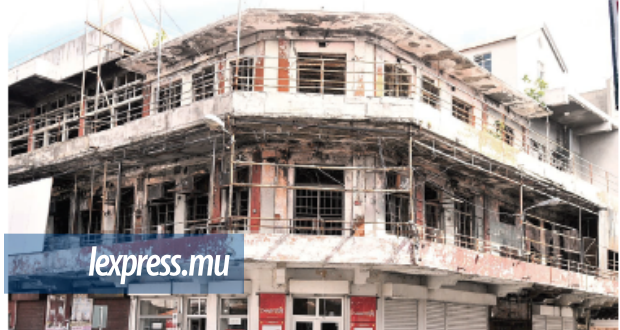Publicité
Lessons of ‘L’Amicale’


The drama surrounding the amendments to the criminal appeal bill seems oddly out of place. Empowering the DPP to call for reviewing judgments in cases where new evidence comes to light seems to be an odd thing to militate against. Especially now, where the best evidence for the need for such a law is none other than the recent report written by a team of lawyers led by Rama Valayden concerning the Amicale case, where if the report is correct, four innocent men have spent 14 years behind bars. According to Valayden’s report, here we have a case where a casino was burnt down in 1999. The incident happened in May, just a few months after the February 1999 riots that embarrassed and demoralized the police force because of their poor handling of the riots. Eager to avoid another public humiliation and the prospect of a punitive transfer, the police was eager to sort out the Amicale case as quickly as possible. So, the report says, they did what our country’s ‘confessions’ evidence system allows. After messing up the crime scene and unwittingly destroying crucial evidence (a habit that’s now the subject of an international documentary too), they simply picked up seven witnesses and threatened – and in some cases beat them – to extract testimony. Most of them later retracted their statements. The two key witnesses on whose testimony the prosecution was based were less than ideal. One it turns out was later prosecuted for perjury and the other was tailoringhis testimony just so he didn’t lose out on car insurance. The ‘trial’ lasted just 11 days and the jury took all of two hours to destroy four lives. Express justice. On the basis of such dodgy witnesses and pretty much no evidence, the four were bundled off to jail. When it later turned out that the witnesses were – well – lying and new evidence surfaced that it was actually a gang called L’Escadron de la Mort led by a mercurial character who spent his youth blissfully breaking up strikes at the docks at the behest of Gaetan Duval, the police were still unwilling to re-open the case. It was too much trouble, you see. And it would have continued like that because there really is no system in place to detect miscarriages of justice. Had it not been for Rama Valayden and his team of lawyers with their report, we probably would have never known of the Amicale four either. But not all cases are so high profile and not everybody has the luxury of a team of lawyers taking time out to compile reports on them, so we can only guess how many have actually slipped through the cracks. Defence attorneys may be afraid that the amendments might re-open cases against their notorious clients but that’s small potatoes. After all, had such a law been in place, perhaps the Amicale four might not have had to wait 14 years to finally have their day in court.
For more views and in-depth analysis of current issues, subscribe to Weekly for as little as Rs110 a month. Free delivery to your door. Contact us: touria.prayag@lexpress.mu
Publicité
Publicité
Les plus récents






